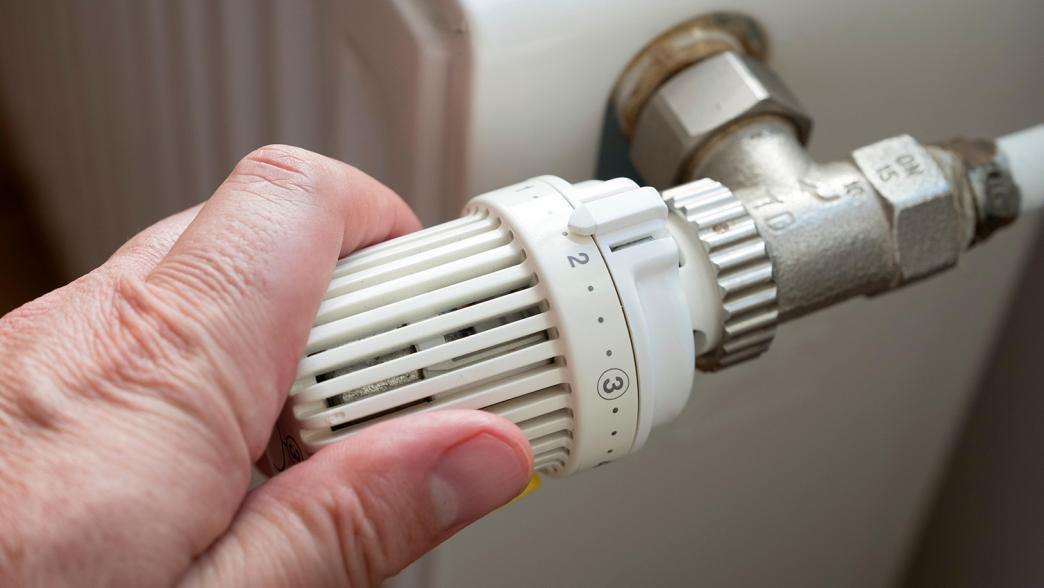Autumn statement’s focus on energy demand is overdue but welcome
Plans to boost energy efficiency were a good start, but the government should now launch an energy saving campaign.

Plans to boost energy efficiency were a good start, but the government should now launch an energy saving campaign, argues Tom Sasse
The UK government’s response to an acute and prolonged energy crisis has been hopelessly lopsided. While it has made dramatic interventions to prop up bills, its wider response has focussed almost exclusively on energy supply while ignoring demand – despite the latter offering by far the quickest and cheapest ways to make a difference to bills (while also improving energy security and reducing emissions).
This became even harder to understand once the government took people’s energy costs more directly onto its balance sheet through the Energy Price Guarantee – as we set out in our recent report Tackling the UK’s energy efficiency problem.
Jeremy Hunt’s move to address this gap in his autumn statement was therefore extremely welcome, but he fell short of filling it.
Ignoring energy demand has been costly
In the immediate aftermath of Russia’s invasion of Ukraine, analysis suggested the measure with the biggest immediate impact on UK bills would be a campaign encouraging people to turn down thermostats by one or two degrees, adjust their boiler flow settings, and adopt other energy-saving behaviours. 13 Newport D and Lord T, The Role of Net Zero in Disarming Putin’s Gas Weapon, Tony Blair Institute for Global Change, 16 March 2022, https://institute.global/policy/role-net-zero-disarming-putins-gas-weapon These could cut gas demand in homes by some 10-15%, saving billions.
Second best was to boost insulation in UK homes, which are among the draughtiest in Europe. Installing loft and cavity wall insulation can cut gas demand by around 4% and 18% respectively. 14 Department for Business, Energy and Industrial Strategy, National Energy Efficiency Data-Framework (NEED): Summary of analysis, Great Britain, 2021, 24 June 2021, https://assets.publishing.service.gov.uk/government/uploads/system/uploads/attachment_data/file/1008681/need-report-2021.pdf This would take longer to rollout, but last winter analysts thought a national campaign could make a useful difference within a year and a sizeable difference within three.
The Johnson and Truss governments appeared to ignore these options for a mixture of reasons. The first was seen as “too nannying” with ministers apparently allergic to “telling people how to live their lives”. To Europeans – who were being mobilised to do everything possible to “join together for saving energy” 15 www.energiewechsel.de/KAENEF/Navigation/DE/Home/home.html – that seemed extraordinary, as we heard on our IfG podcast covering the topic.
The second was more complex, with the Treasury stung by the recent failure of the Green Homes Grant (a ‘rabbit’ in Rishi Sunak’s first full budget as chancellor, in March 2020), and sceptical that energy costs would remain high for long enough for a new scheme to be worthwhile.
Hunt’s focus on energy efficiency is welcome
Hunt’s willingness to reject this thinking – and instead emphasise energy efficiency alongside energy independence as twin pillars in responding to the crisis – is welcome progress.
On home insulation the core lesson identified in our September report, which examined successful approaches abroad, is the need for stable long-term policies and funding that help build a workforce and supply chain capable of installing upgrades. The fatal (though not only) flaw of the Green Homes Grant was the strict time limit which utterly failed to understand supply constraints, with upgrades supposed to be completed in just nine months.
Hunt announced an extra £6bn for 2025–28, while pointing to existing funding of £6.6bn for this parliament. This will help reassure some about the long-term direction. But three years is a long way off and trust in the sector is low after a lot of chopping and changing; not doing more this parliament risks not doing enough to get the sector moving. Current upgrade rates are low, and the Climate Change Committee has criticised the absence of a government plan, particularly for owner-occupied homes. 16 Climate Change Committee, Independent Assessment: The UK’s heat and buildings strategy, March 2022, www.theccc.org.uk/publication/independent-assessment-the-uks-heat-and-buildings-strategy Local government also needs to play a much bigger role than it has to date.
The government should launch an energy saving campaign immediately
The announcement of a new energy efficiency taskforce – charged with reducing energy use in homes and buildings – was intriguing (even if the target, a by 15% cut by 2030, was not particularly stretching). Energy efficiency has often suffered from policy incoherence, with the Treasury and housing department undercutting progress under successive governments in the past by cancelling plans to tighten building standards. The details are yet to be announced, but with strong political backing a taskforce could prove useful particularly if it signals a shift to taking demand reduction more seriously in the government’s updated net zero strategy, due to be updated in March.
The big gap in the statement, however, was the one measure that could do most to help this winter: a communications campaign encouraging people to reduce their energy use. Even Jacob Rees-Mogg came round to the need for this in his time at the business department, but it has still yet to materialise. The starting point should be better information: the GOV.UK page is still very basic and doesn’t include advice on thermostat temperatures or boiler settings. But the government should follow other countries in launching a mass public communications campaign (think of the scale of the vaccination drive), utilising a full range of ways of reaching people, and offering expert advice to back up information.
After Thursday’s autumn statement, the government’s energy strategy looks less lopsided. But as winter draws in, there is still much more it should be doing.
- Topic
- Net zero Policy making
- Public figures
- Jeremy Hunt
- Publisher
- Institute for Government